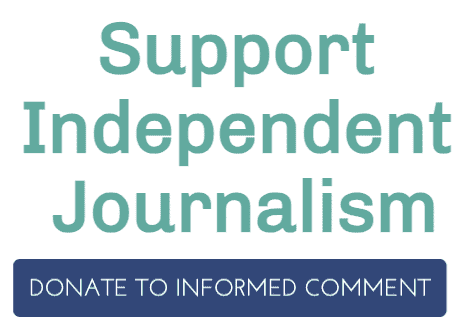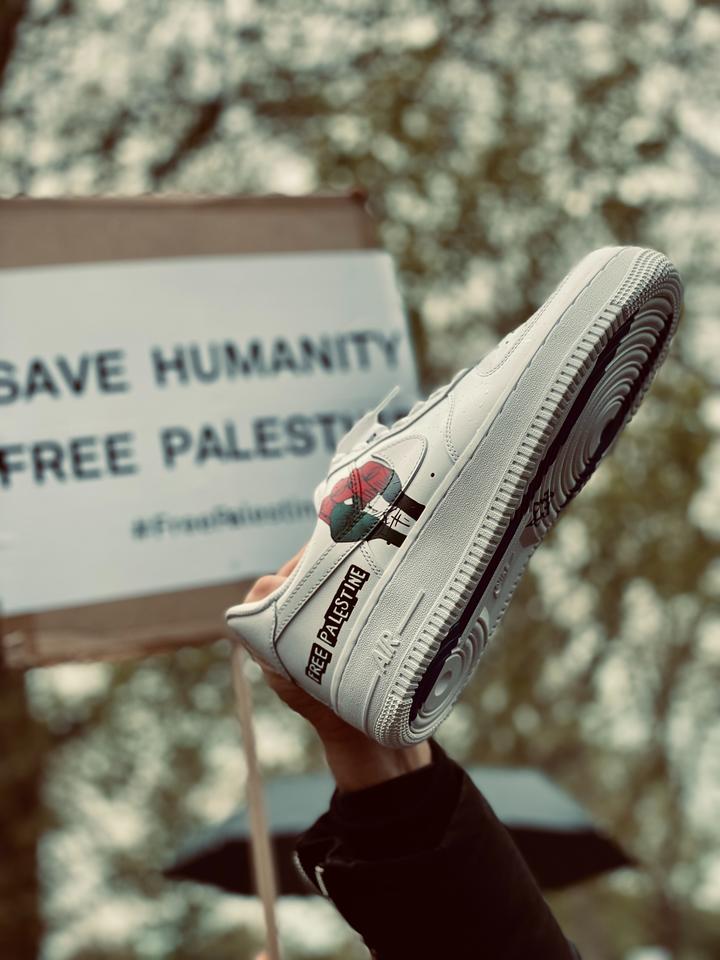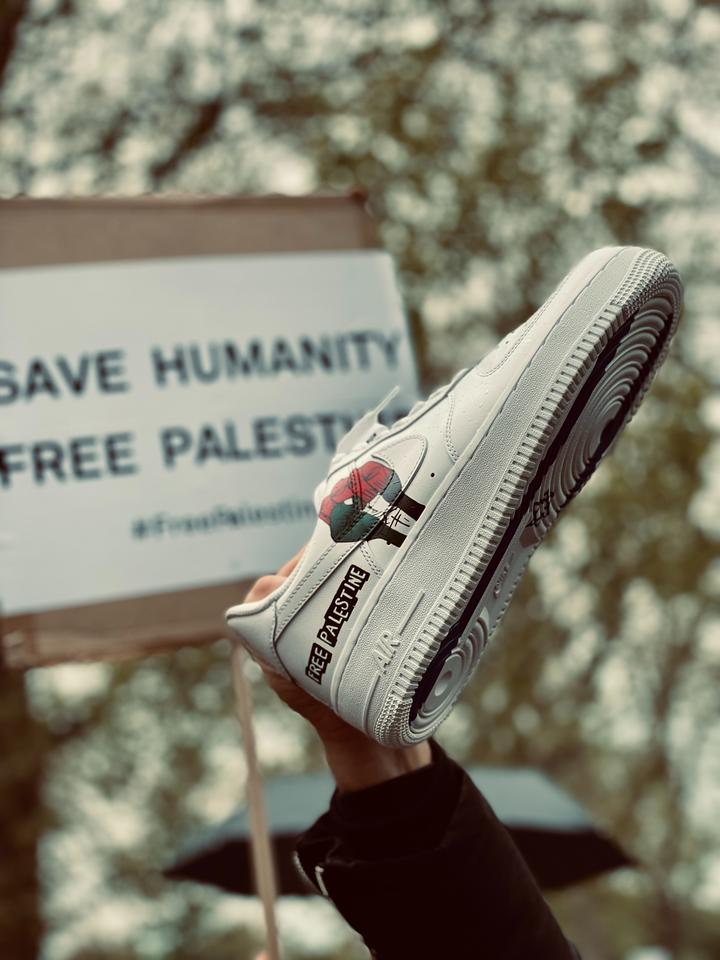Excerpted from Dawn (Democracy for the Arab World Now)
Israel’s total war on Gaza, following Hamas’s horrific terrorist attack on Oct. 7, has roiled higher education in the United States. The atrocities committed by Hamas in southern Israel two months ago have reverberated on many U.S. campuses, deeply traumatizing many Jewish students. But so too has Israel’s massive military response in Gaza, which has been equally shocking to Palestinian-American, Arab American and Muslim American students, among many others.
In the heated atmosphere prevailing since then, questions have arisen about the limits to free speech in the classroom, among student and faculty organizations, and on the social media accounts of university members, from professors to administrators. Often, these charged debates reflect the advent of significant numbers of minority students on university campuses, some from the post-1965 immigration wave, who view the Israel-Palestine conflict very differently than the white majority on many campuses, as a recent Gallup poll demonstrates. These controversies also reflect the efforts of special interest groups and outside organizations, such as the Anti-Defamation League, to discipline campus speech and brand some of it as support for terrorism.

Some of these campaigns have attempted to silence Palestinian-Americans and their perspectives outright. In October, Florida governor and Republican presidential candidate Ron DeSantis ordered all public universities in the state to derecognize Students for Justice in Palestine chapters on their campus. The move came after the organization issued a “toolkit” for understanding the context of the Oct. 7 attacks, in which they characterized Hamas as a resistance organization. The SJP insisted that its student members are part of the resistance, not merely in solidarity with it. DeSantis’s order immediately provoked threats of civil lawsuits that would personally name university officials participating in the shutdown. Emma Camp at Reason magazine reported that as a result, the Chancellor of the University of Florida system, Ray Rodrigues, announced that he was backing off any action against SJP, though he did hold out the possibility that the university would require the group to pledge nonviolence and disassociate itself from Hamas. The Foundation for Individual Rights and Expression, a civil liberties group, immediately pointed out that that requirement would also be unconstitutional.
Photo by Merch HÜSEY on Unsplash
But that did not stop the Anti-Defamation League and the Louis D. Brandeis Center for Human Rights Under Law from taking up DeSantis’s program, writing a letter to university presidents pressuring them to close down SJP chapters on the grounds that the group gave material assistance to terrorism (a charge the letter does not substantiate). Under U.S. law, “material assistance” involves training, expert advice or assistance, service and personnel. Given that the SJP is not hosting training camps for Hamas fighters or actively advising the organization on tactics, the letter is nonsensical and, in a just world, would be found libelous.




 © 2025 All Rights Reserved
© 2025 All Rights Reserved